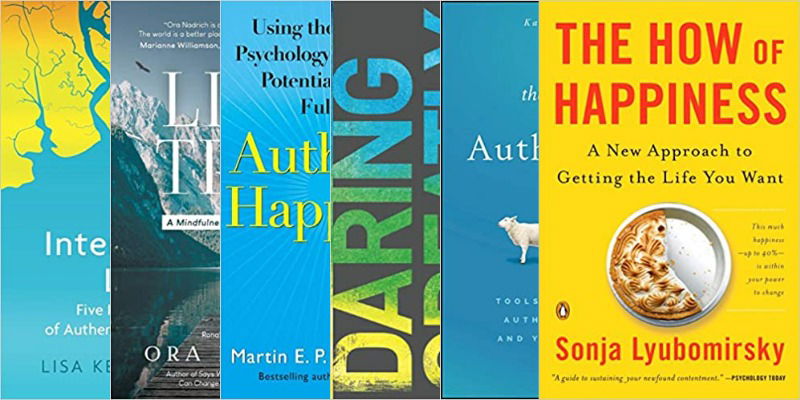Anger is a natural emotion that everyone experiences from time to time. However, excessive or uncontrollable anger can have harmful effects on both mental and physical health. As a therapist working with clients who struggle with anger management, it is important to have a range of tools and resources at your disposal to help them effectively manage their emotions.
One valuable resource for therapists working with clients who struggle with anger management is books and workbooks specifically designed to address this issue. These resources can provide valuable insights, coping strategies, and practical exercises to help individuals better understand and manage their anger.
Here are 14 anger management books and workbooks that therapists can use with their clients, as well as resources that can be helpful for children and teenagers:
1. “The Anger Workbook for Teens” by Raychelle Cassada Lohmann: This workbook provides practical exercises and strategies for teenagers to manage their anger in healthy ways.
2. “The Anger Management Workbook for Women: A 5-Step Guide to Managing Your Emotions and Breaking the Cycle of Anger” by Julie Catalano: This book offers a step-by-step guide for women to identify and manage their anger triggers.
3. “The Cow in the Parking Lot: A Zen Approach to Overcoming Anger” by Leonard Scheff and Susan Edmiston: This book offers a unique and mindfulness-based approach to managing anger.
4. “The Dialectical Behavior Therapy Skills Workbook for Anger: Using DBT Mindfulness and Emotion Regulation Skills to Manage Anger” by Alexander L. Chapman and Kim L. Gratz: This workbook provides evidence-based skills for managing anger using Dialectical Behavior Therapy (DBT).
5. “The Angry Octopus: A Relaxation Story” by Lori Lite: This children’s book introduces young children to relaxation techniques to help manage anger and stress.
6. “Don’t Let Your Emotions Run Your Life for Teens: Dialectical Behavior Therapy Skills for Helping You Manage Mood Swings, Control Angry Outbursts, and Get Along with Others” by Sheri Van Dijk: This workbook offers DBT skills specifically designed for teenagers to manage their emotions.
7. “ScreamFree Parenting: The Revolutionary Approach to Raising Your Kids by Keeping Your Cool” by Hal Runkel: This book offers strategies for parents to manage their anger and create a calm and peaceful home environment.
8. “Mindfulness for Teen Anger: A Workbook to Overcome Anger and Aggression Using MBSR and DBT Skills” by Mark C. Purcell and Jason R. Murphy: This workbook combines mindfulness and DBT skills to help teenagers manage their anger.
9. “When I Feel Angry” by Cornelia Maude Spelman: This children’s book explores emotions and provides strategies for managing anger in a healthy way.
10. “The Explosive Child: A New Approach for Understanding and Parenting Easily Frustrated, Chronically Inflexible Children” by Ross W. Greene: This book offers a compassionate and effective approach for parents and therapists working with children who struggle with anger management.
11. “How to Take the Grrrr Out of Anger” by Elizabeth Verdick and Marjorie Lisovskis: This book provides simple strategies and activities for children to manage their anger in a positive way.
12. “Mindful Games: Sharing Mindfulness and Meditation with Children, Teens, and Families” by Susan Kaiser Greenland: This book offers mindfulness activities and games that can help children and families manage stress and anger.
13. “An Interactive Guide to Anger Management for Teens” by Lorna Garano: This workbook offers interactive exercises and practical tools for teenagers to navigate and manage their anger.
14. “The Anger Trap: Free Yourself from the Frustrations that Sabotage Your Life” by Les Carter: This book explores the underlying causes of anger and offers strategies for breaking free from destructive patterns.
These anger management books and workbooks can be valuable resources for therapists working with clients of all ages who struggle with anger management. By incorporating these resources into therapy sessions, therapists can help their clients better understand and manage their anger, leading to healthier and more fulfilling lives.



